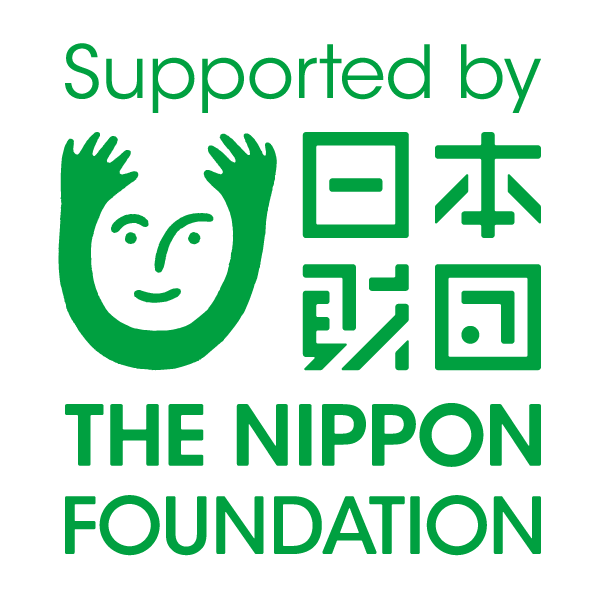Debut of "Dear Miss Breed" Book Set for Feb. 26
| Feb 200626 | ||
| 2:00p.m. | ||
Japanese American National Museum
369 East First Street
Los Angeles, California, 90012
United States
‘DEAR MISS BREED’ AUTHOR JOANNE OPPENHEIM TO SPEAK
ABOUT SAN DIEGO LIBRARIAN WHO HELPED JA’S DURING WAR
AT JAPANESE AMERICAN NATIONAL MUSEUM FEB. 26
LOS ANGELES.—Author Joanne Oppenheim will discuss her latest book, "Dear Miss Breed: True Stories of The Japanese American Incarceration During World War II and A Librarian Who Made A Difference", at a special book party and reception set for Sunday, Feb. 26, beginning at 2 p.m., at the Japanese American National Museum in Little Tokyo.
Oppenheim based her book on the correspondence between Clara Estelle Breed, the Children’s Librarian at the San Diego Public Library from 1929 to 1945, and a group of young Japanese American students who, along with their families, were unconstitutionally forced to leave their homes and live in domestic concentration camps by the U.S. government during World War II. Miss Breed understood that these young students had committed no crime and she was determined to support them in their time of need. She went to the train station to see many of them off (most were sent to stark camps in Arizona) and gave out self-addressed stamped postcards so they could let her know where they wound up. This began a correspondence with many young Japanese Americans.
Oppenheim came upon the story of Miss Breed on the web site of the Japanese American National Museum. Originally organized as a display in the 1997, the content of the exhibit was digitized so it could be accessed easily. Oppenheim began reading some of 250 letters available online from the Japanese American inmates to Miss Breed and became engrossed in their stories.
“Their letters not only chronicle the incarceration, they reflect the sense of loyalty and hope these young Americans held onto despite the treatment they were given by their own country,” Oppenheim explained. “I kept returning to those letters, night after night until I practically knew them by heart! As a writer, I recognized from the start that this was a story that had to be told and in the words of those who lived it.”
Thanks to National Museum staff members, Oppenheim began to contact some of Miss Breed’s correspondents, including Museum volunteer Richard “Babe” Karasawa. Karasawa directed her to Don Estes (who has since passed away), a San Diego historian who had considerable information on this subject. Eventually, Oppenheim was able to speak to some of Miss Breed’s relatives and many of the letter writers or their relatives. The project took four years to complete, compounded by Oppenhein’s bout with cancer.
As the digital exhibition and Oppenheim’s book makes clear, many families were separated by the government. For her young correspondents, Miss Breed was someone to turn to for help. In this postcard sent by Tetsuzo “Ted” Hirasaki from Poston, Arizona, on September 27, 1943, her aid bringing a family back together is acknowledged:
“Dear Miss Breed, Good News! I just received notice from Dept. of Justice that my father has been paroled. He will be released as soon as negotiations with W.R.A. are completed. Your affidavit did much to bring about his parole. Thanks a million and more. Sincerely, Ted.”
Louise Ogawa related the stories of inmates allowed to leave camp to work. Her letter dated November 30, 1942, from Poston, said in part: “A friend who returned from Colorado related the following incident to me. He said, while in town a few boys entered a restaurant to have a bite to eat. The first thing the waitress asked was ‘Are you Japs?’ When they replied ‘yes’ she turned her back on them and said they don't serve Japs. So they had to go to another restaurant to eat. Here is another incident which disgusted the boys. When the boys asked a policeman where a certain store was he replied – ‘I don't serve Japs.’ One of the boys became angry and remarked – ‘Alright be that way -- what do you think we came out here for? We didn't come to be made fun of -- we came to help out in this labor shortage.’ Then the policeman apologized and showed them to the store. This boy said he certainly was glad to return to camp where there is no unfriendliness. Of course, he knows and we all know that there are people all over the world who hate certain races and they just can't help it. But I am sure when this war is over there will be no radical discrimination and we won't have to doubt for a minute the great principles of democracy.”
Oppenheim, who was seven when the war began, has authored a number of children’s book, including Read It! Play It! With Babies and Toddlers. She also operates the Oppenheim Toy Portfolio with her daughter Stephanie, reviewing toys and recommending the best products. Information about her books and the Oppenheim Toy Portfolio is available through her web site at www.joanneoppenheim.com.
The public program is free to National Museum members or with admission. Reservations are suggested. Books will be available for sale and Oppenheim will sign her books after the program. For reservations or for more information, call the Japanese American National Museum at (213) 625-0414, or go to the web site at www.janm.org.
--30--
 ckomai
.
Last modified Jul 09, 2010 12:11 p.m.
ckomai
.
Last modified Jul 09, 2010 12:11 p.m.

 Journal feed
Journal feed


Conference/Presentation